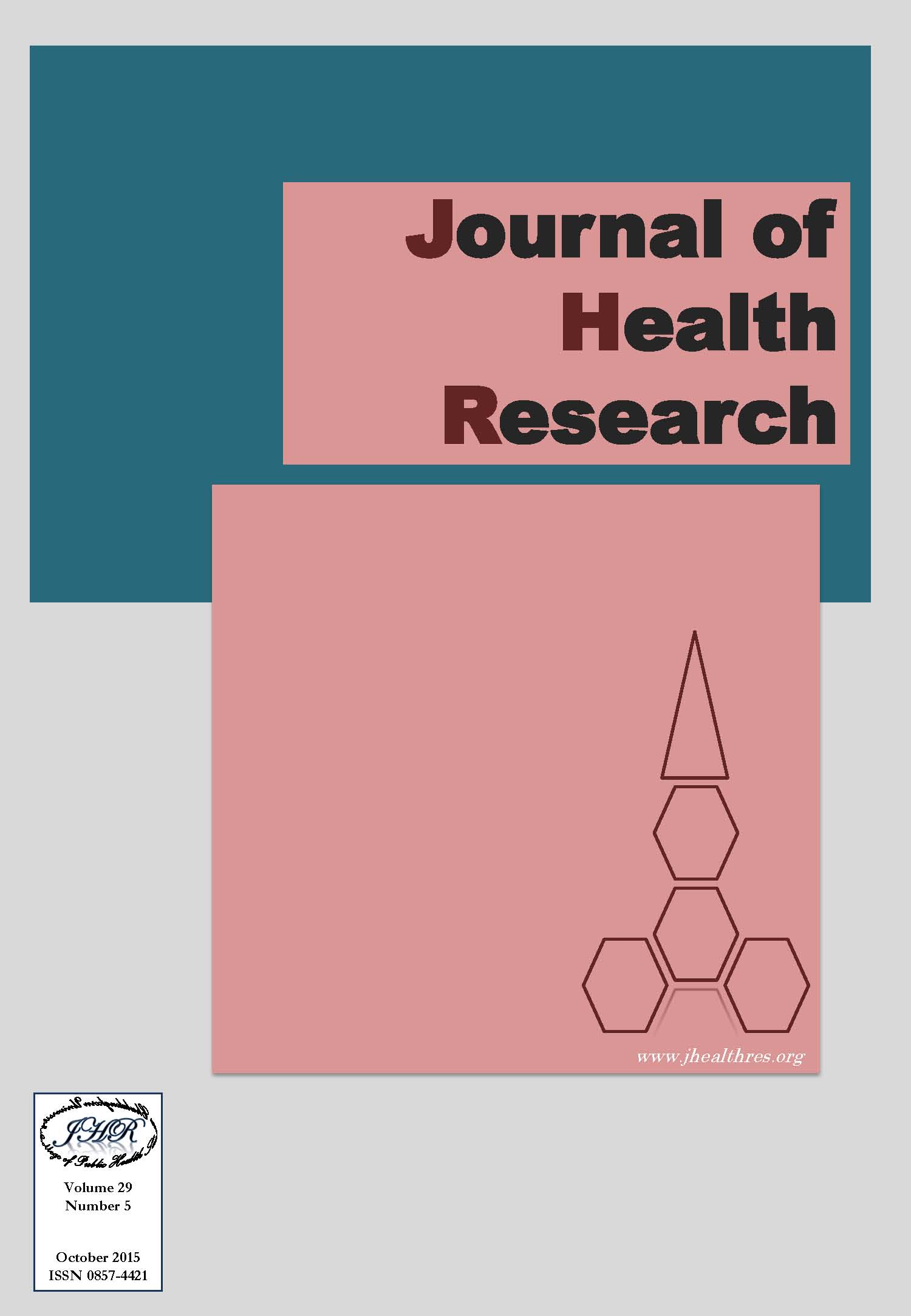The Roles of Thai and ASEAN Researchers in Malaria Control and Elimination
Keywords:
Malaria, Southeast Asian, Drug resistanceAbstract
Malaria remains one of the major global public health problems in the tropics and subtropics including Southeast Asia. Despite progress made towards malaria research and control strategies, there remain daunting challenges, with the burden of malaria still very high in a number of ASEAN countries. Major critical issues that currently impede malaria control in the region include the development and spread of multidrug resistant Plasmodium falciparum. Researchers in each ASEAN country have been working in collaboration by networking to assist policy-making malaria control programmes in each country and the region. Different types of malaria research that support the control programme have been conducted by regional and international research institutions in each ASEAN country as well as within the collaborating networks. These include biology/biochemistry, molecular biology/genetics, pathophysiology, diagnosis, epidemiology/ control, pharmacology, drug resistance, entomology, clinical studies, immunology and vaccines, and health social sciences. Research aiming at enhancing malaria diagnosis and an increased understanding of host-parasite and parasite-vector interactions is also a major focus. With regards to Thailand, there are a number of achievements in the past that have made significant contributions to advancing basic knowledge, treatment, and malaria control and elimination in the ASEAN region and worldwide. Some of the key achievements that significantly contributed to basic knowledge and malaria control and elimination are highlighted in the article. Examples include the application of clinical pharmacology for dose optimization of antimalarial drugs in multidrug resistant Plasmodium falciparum and discovery and development of new antimalarial drug candidate P218 that targets malarial enzyme dihydrofolate reductase enzyme.







